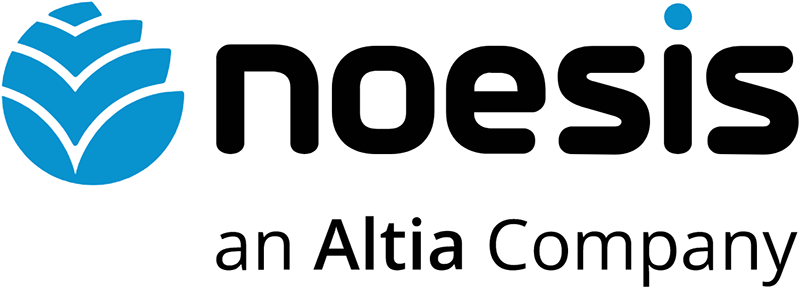
At some point this question will come to all of us in the industry: how do I become a top tester? My answer is this: to become a top testing expert you need to be curious, a quick learner, and possess some technical skills.
Considering the IT evolution towards low-code solutions and increasing (right-first-time) time-to-market improvement challenges, for every minute a developer spends doing some coding, a higher volume of testing coverage is needed (and quickly!).
Since this isn’t achievable by increasing headcount, the only way is to use all automation and artificial intelligence capabilities by accelerating quality delivery. The engineer needs to ensure all pieces are fully functional, and ready to be part of any end-to-end business process… that will work E2E!
For many engineers solving development challenges at unit or system level, they can simply stay there – at unit or system level. However, the testing engineer must make sure that the unit does everything it should – and doesn’t do anything it shouldn’t – at necessary speed and security levels, as part of a bigger applicational and business process architecture.
Therefore, the learning skills and curiosity to go beyond borders will become key for success.
What if I can only pick one skill, either from soft skills or technical skills, that is key to become a top tester?
Then, I would say excellent communication skills are essential (including negotiation and conflict management). Why was this not in the initial top three skills that I’ve mentioned before? Simply because in this world of high demand for IT change, the need for functional end-to-end validation will increase. Robots will not be able to do it on their own (at least the fit-to-purpose) because it is something complex.
Humans asking questions, changing their mind (according to the business needs), going through any lifecycle methodology and being delivered exactly as the human wants, are some of the factors that only humans understand. It will be extremely difficult, even impossible, for a machine to learn.
But doesn’t this sound contradictory? Yes, it does! And it is also the proof that the testing professionals and all other QA related jobs will have a massive increase in the coming years: while we’ll see low-code increasing, some other “Ultra High Even Less Code” approaches are also appearing, and it will require large amounts of testing effort, more and more.
So why should technical and curious professionals be ready for this challenge? The demand for quality assurance will increase, and without those professionals, it will be impossible to achieve everything, without technology to validate technology.
*Article published in Eurostar.



